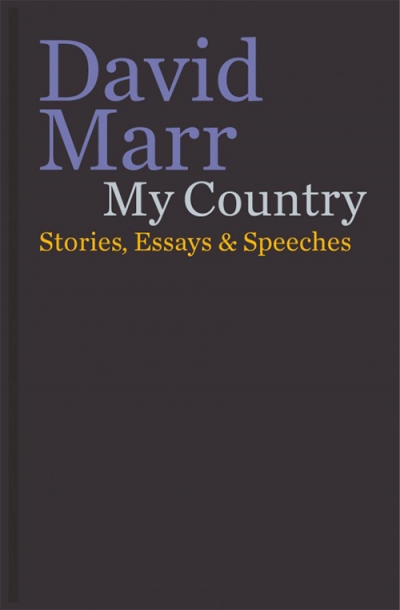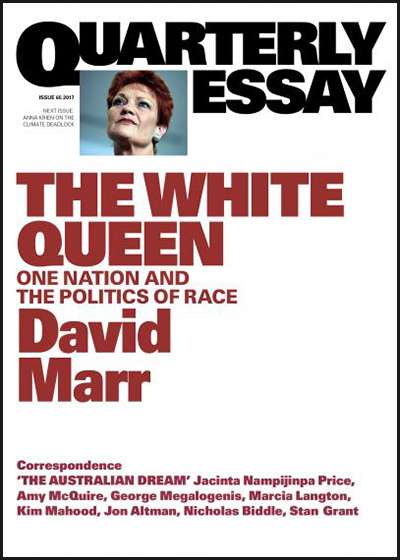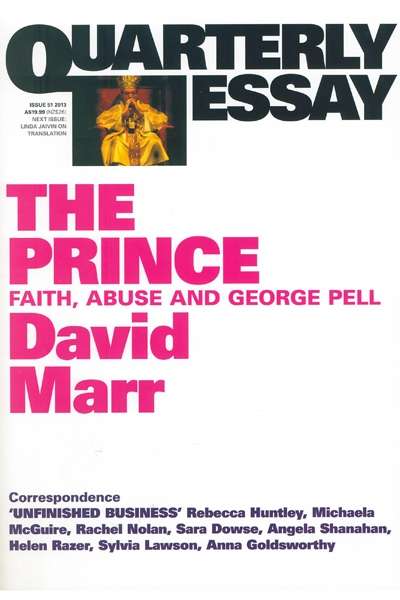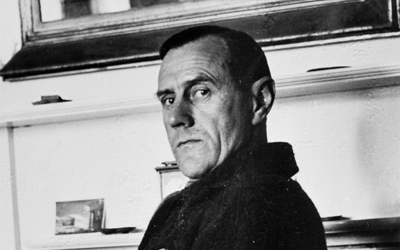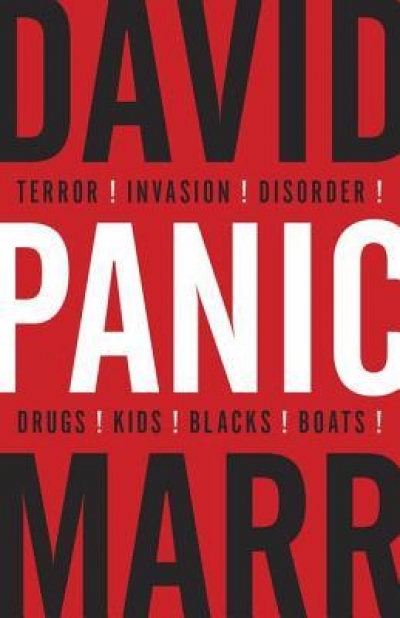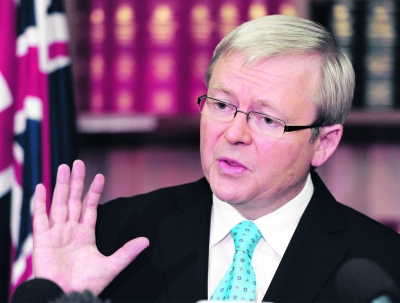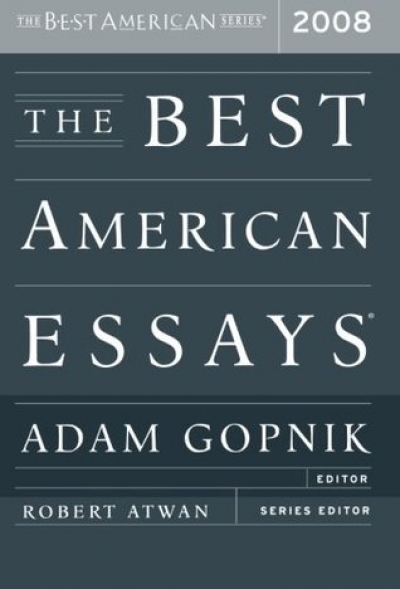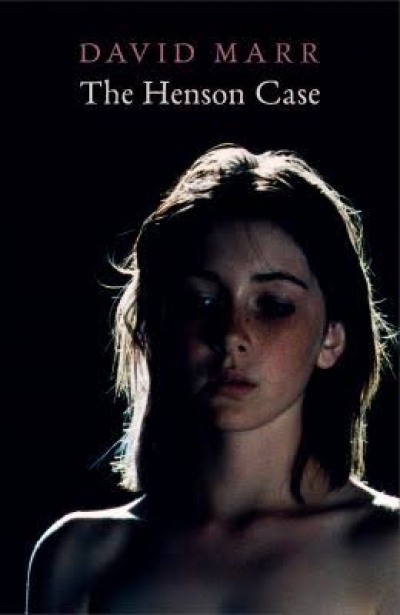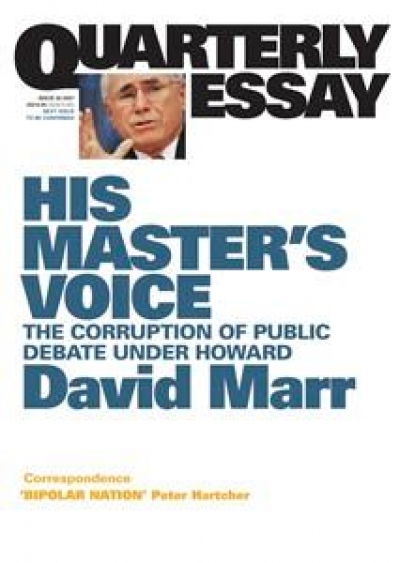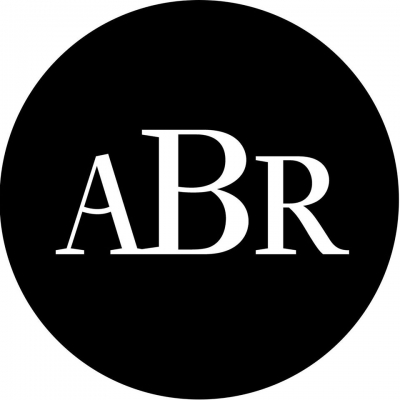David Marr
The White Queen: One Nation and the politics of race (Quarterly Essay 65) by David Marr
The Prince: Faith, Abuse and George Pell (Quarterly Essay 51) by David Marr
By the time I found him twenty-five years ago in the Adelaide Hills, Glen McBride was old, tiny, spry, and ready to boast about his career. I doubt many readers have heard of this little man or know of his pivotal role in the literature of this country. That’s what had me knocking at his door. And though he disowned none of it in the hours we spent ranging over his life and times, what really perked him up was confessing his part in the salami and sausage business in that part of the world.
... (read more)The political assassination of Kevin Rudd will fascinate for a long time to come. As with Duncan’s murder in Shakespeare’s play it was done, as Lady Macbeth cautioned, under ‘the blanket of the dark’, literally the night of 23–24 June 2010. The assassins heeded Macbeth’s advice: ‘if it were done when ’tis done, then ’twere well it were done quickly.’ And as in Macbeth, the assassins were in the shadow of the throne. Even the old king approved: Bob Hawke, himself deposed in 1991, recognised at last that the removal of a Labor prime minister is sometimes necessary.
... (read more)The Best American Essays 2008 edited by Adam Gopnik & The Best Australian Essays 2008 edited by David Marr
His Master’s Voice: The corruption of public debate under Howard (Quarterly Essay 26) by David Marr
I can’t let you have my ‘papers’ because I don’t keep any. My mss are destroyed as soon as the books are printed. I put very little into notebooks, don’t keep my friends’ letters … and anything unfinished when I die is to be burnt. The final versions of my books are what I want people to see …
(Patrick White, reply to Dr George Chandler, Director General, 9 April 1977, National Library of Australia, MS 8469)
... (read more)
